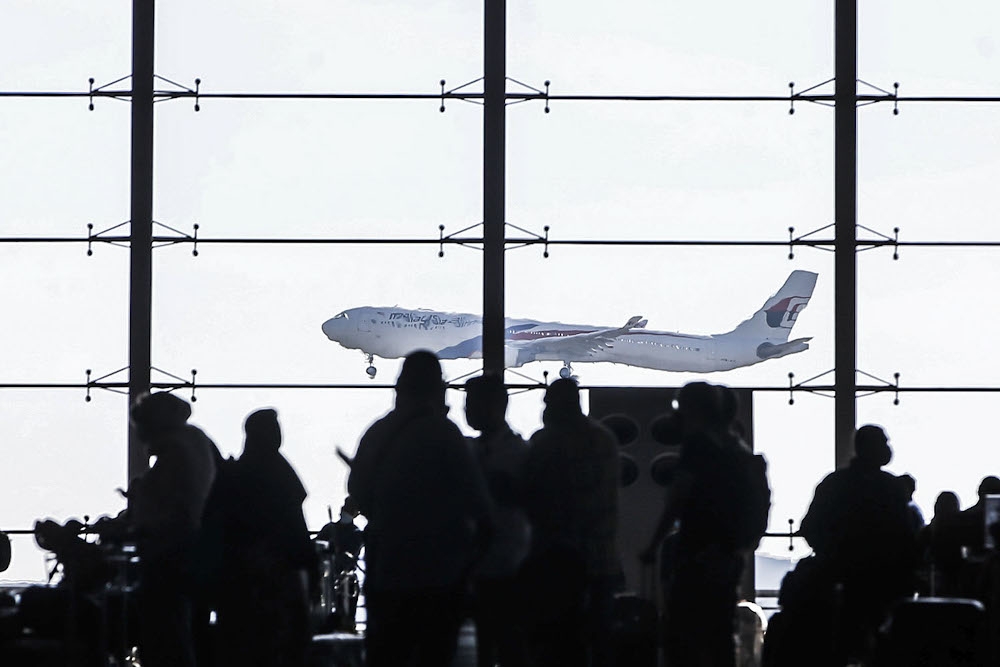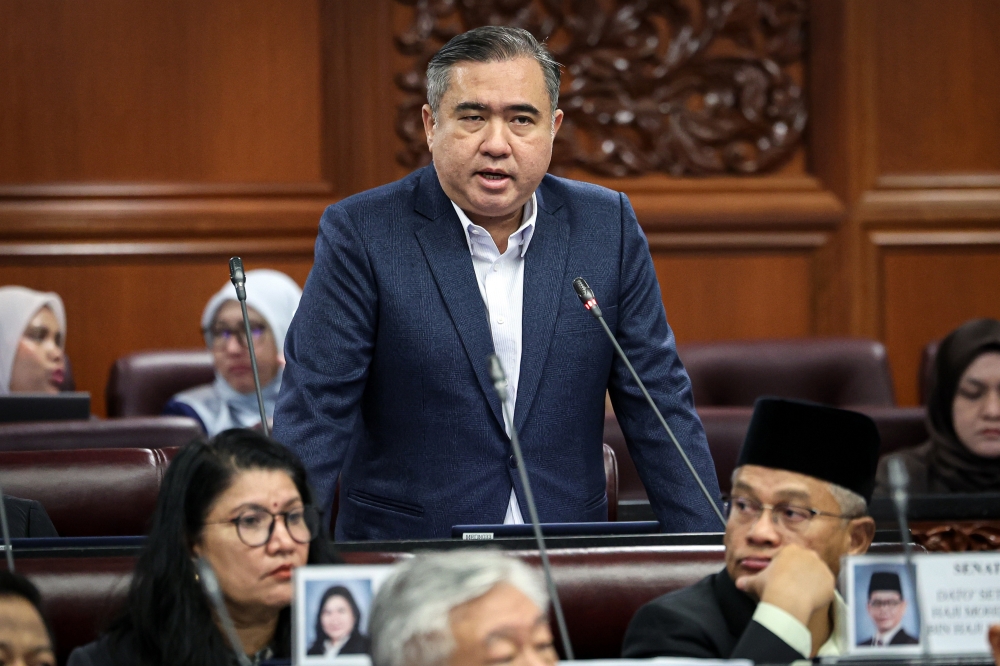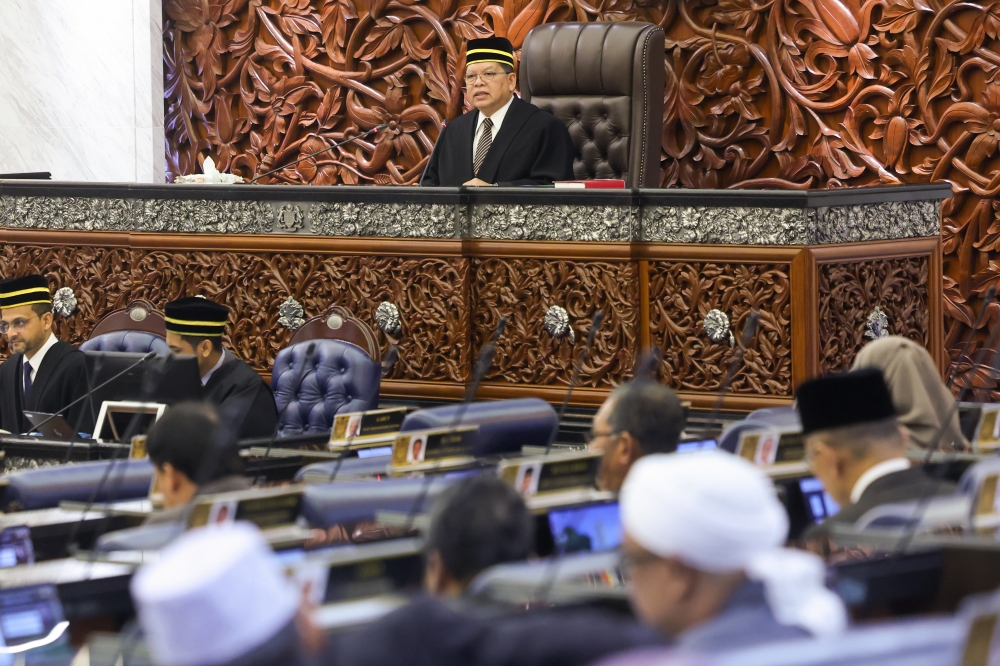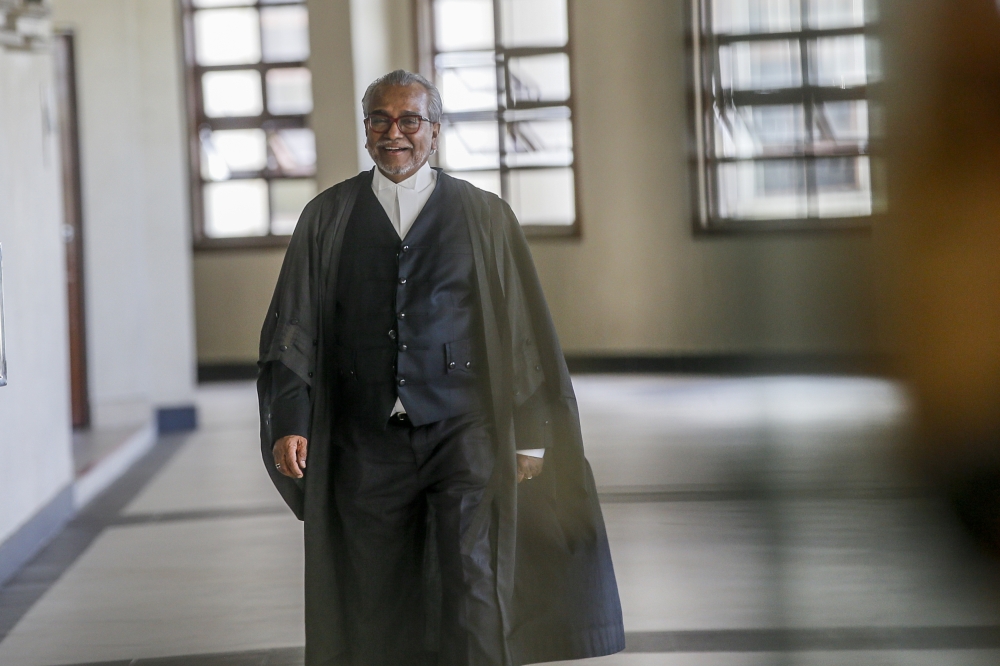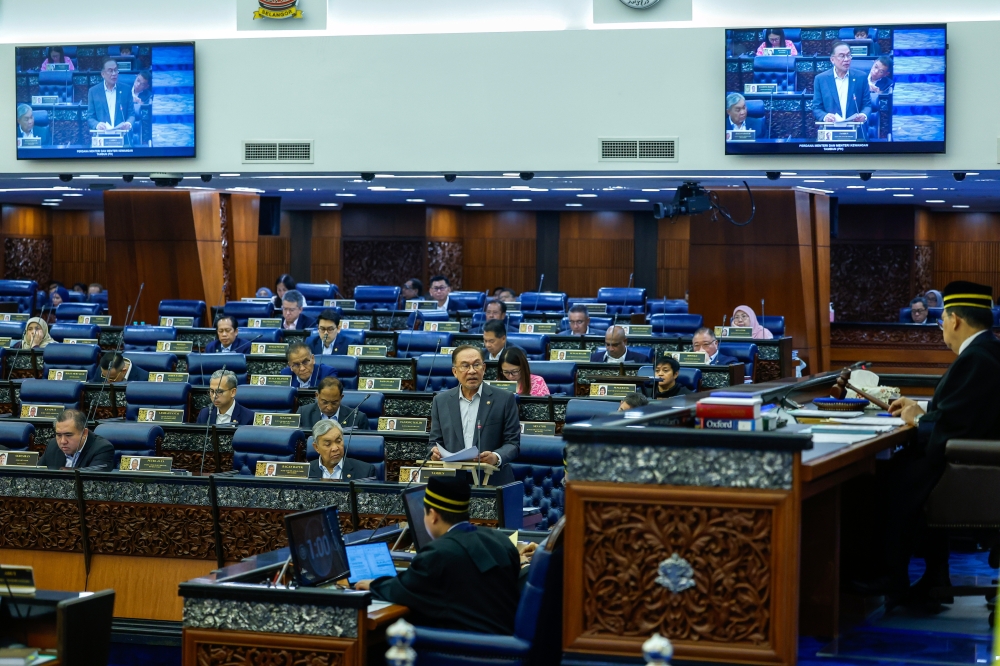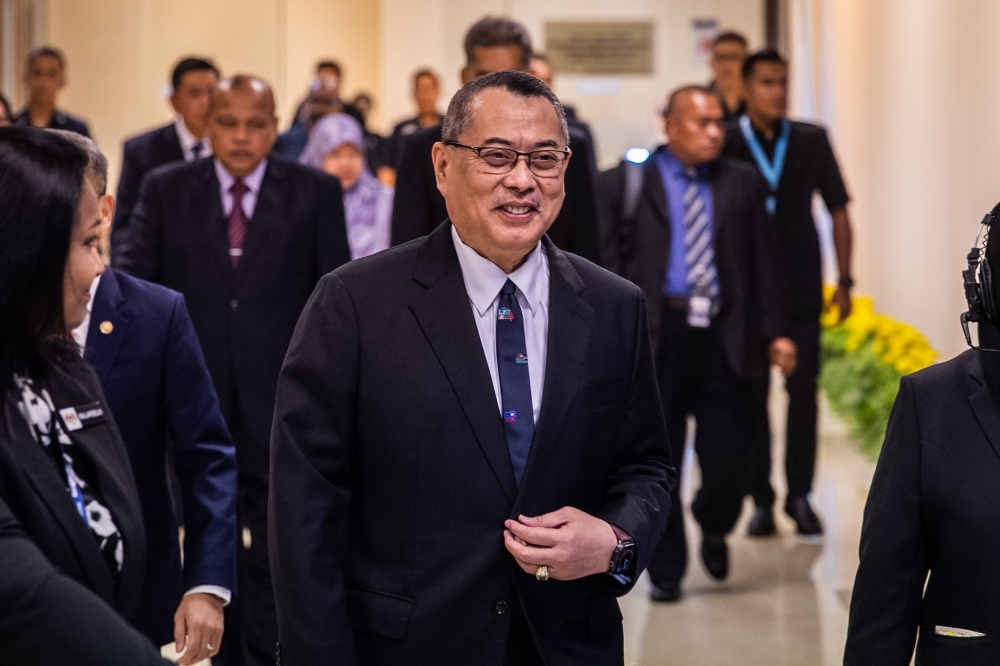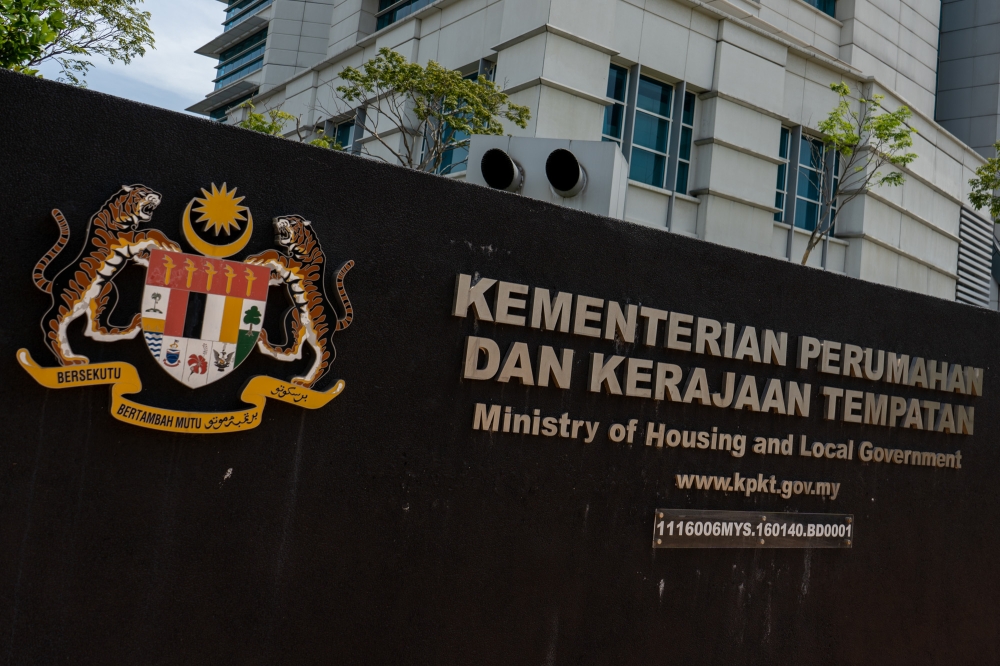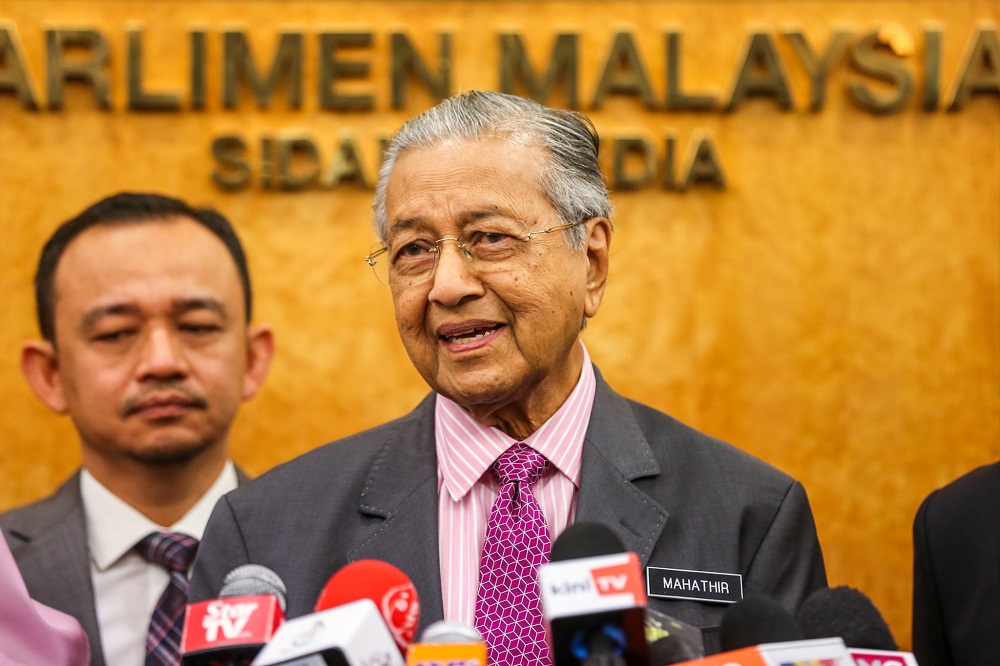KUALA LUMPUR, Oct 22 ― Gig economy has been identified as a new source of economic growth and will be made part of the 12th Malaysia Plan (RMP12), Tun Dr Mahathir Mohamad said in Parliament today.
The prime minister added that the government is currently in the early stages of regulating the sector for the welfare of gig economy workers.
“As a new trend, whereby jobs are now more flexible, the government is faced with a challenge with regards to protecting the welfare of the workers involved in this gig economy. This is following the ‘master and servant’ relationship and employment relationships which are convoluted,” he said during Question Time.
Dr Mahathir said the government has realised the implications of gig economic work as well as the need to safeguard worker rights.
“Therefore, the government has taken a few initiatives with the objective of leveraging on the gig economy and at the same time, ensuring the interests of the workers and employers remain safeguarded to focus on the gig economy as the new economy source of growth, sustainable and inclusive in the drafting of the 12th Malaysia Plan 2021-2025,” he said.
He noted that unlike regular employees, gig economy workers do not have financial safety nets, such as pension and savings in the Employees Provident Fund (EPF).
He pointed out that this was because the sector operates in a legal grey area.
“This is a new way for them to work, and we found that many benefitted from this gig economy. So that’s why we have to maintain this system, but we want rules to protect workers’ rights,” he told the Dewan Rakyat.
Early this month, Youth and Sports Minister Syed Saddiq Abdul Rahman said that a new law is needed to regulate the gig economy and provide better worker protection in the long-run.
The Muar MP came up with the idea after a near two-hour talk with some 100 food delivery riders from two major companies, Foodpanda and Grabfood, who highlighted their problems as freelance workers in a gig economy, in a meeting at his residence.
He said a new law must be enacted as a long-term solution, after listening to the grouses raised by the workers as well as representatives from Foodpanda’s management earlier in the day.
The minister noted that recent policy changes by Foodpanda — one of two giant food delivery services nationwide with 12,000 riders — that aimed to provide more flexibility to workers was negatively received by the riders who saw the revision as cutting their potential earnings by as much as half.
The disgruntlement led some riders in certain states, including Negri Sembilan, Johor, Melaka and Sabah, carrying out a protest strike three days a week.

